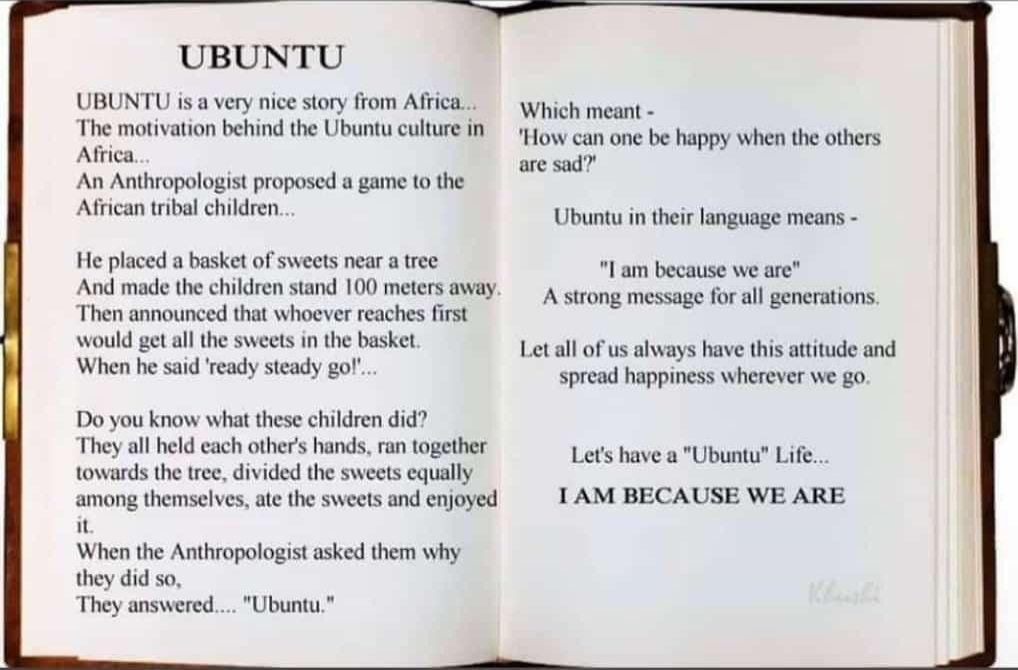THE COMMONWEALTH
INTRODUCTION
About one third of the world’s population lives in the member countries of the Commonwealth, or Commonwealth of Nations. The organization was formerly known as the British Commonwealth of Nations. Almost all the member countries, more than 50 of them, were at one time associated with the British Empire.
ORGANIZATION
The Commonwealth includes the United Kingdom and most of its former dependencies and dominions. The sovereign, or independent, member countries are free and equal partners with Great Britain in the association. When a dependency becomes a sovereign country, it can choose whether or not to be a member. The Commonwealth has no written constitution and the members have no legal obligation towards one another.
Instead of ambassadors to each other’s governments, Commonwealth countries have representatives called High Commissioners. A Commonwealth Secretariat was established in 1965 in London. This organizes consultations between governments and runs programs of cooperation.
The Commonwealth countries share certain beliefs, or principles. In 1971 they issued a statement of these principles. The statement indicated that they all support international peace and understanding; liberty of the individual; equal rights for all citizens; and the removal of poverty, ignorance, and disease.
All Commonwealth countries accept Charles IV as the head of the Commonwealth. The Queen is head of state in the United Kingdom and in 15 other member monarchies. A Governor-General in each of these states represents her. In the remaining monarchies, the traditional monarch is head of state. The member countries that are republics have their own heads of state.
The British Empire once ruled colonies throughout the world. The empire reached its greatest size and strength in the 1800s. But eventually the colonies began to gain independence. Canada became a dominion, meaning that it had the right to govern itself, in the 1860s. Australia, New Zealand, and South Africa became dominions before World War I.
When World War I broke out in 1914, the United Kingdom declared war on behalf of the Empire without consulting the dominions. After the end of the war, in 1919, the dominions signed the peace treaty and were accepted as full members of the newly created League of Nations.
The new countries wanted to remain a part of the British Empire, but they wanted to be considered equal members. In 1931 the British accepted their special status in a new law. The law referred specifically to a “British Commonwealth of Nations.” The adjective British was dropped from official use in 1946. The modern Commonwealth began with the entry of India and Pakistan in 1947 and Sri Lanka (then Ceylon) in 1948.
GROWTH
Commonwealth membership continued to grow as former dependencies became independent. Members could also choose to resign from the association. The Irish Republic did so in 1948, South Africa in 1961, and Pakistan in 1972. Pakistan rejoined the Commonwealth in 1989 and South Africa in 1994. Countries are occasionally suspended for adopting military rule. In 1995 Mozambique became the first country to join the Commonwealth that had never been part of the British Empire or under the control of any member.

